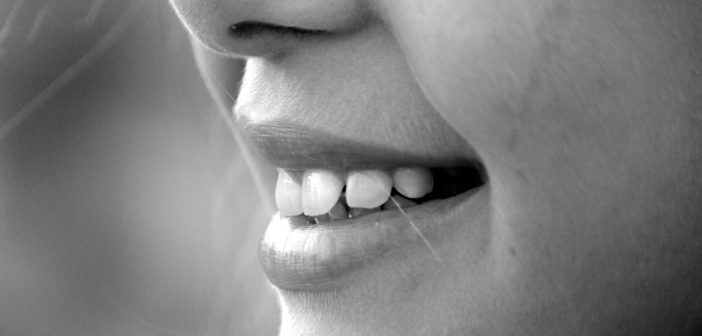Active kids are prone to bumps, falls and knocks. This can result in all sorts of injuries, and the mouth is one of those sensitive areas where damage can occur.
Don’t assume because a baby tooth gets knocked out or damaged, that it isn’t important. If your child gets a knock to the mouth, it is imperative to check for dental trauma and take the appropriate first aid steps so that your dentist has the best chance of saving the tooth/teeth.
Dental First Aid For Primary (Baby) Teeth
- If bleeding, apply pressure to the area with a clean, damp cloth.
- Apply an ice-pack to the cheek near trauma area or, if old enough, offer your child an ice block to suck on to reduce swelling.
- Give pain relief as necessary.
- Call a dentist.
Note: Do not try to put the tooth back into place if it is a baby tooth. If you are unsure if it is baby tooth take it to the dentist ASAP (see Handling Teeth below).
Dental First Aid For Permanent (Adult) Teeth
Adult teeth can often be saved if knocked out or broken, however it is important to get dental assistance as quickly as possible.
- Rinse mouth with salt water.
- Place the tooth (once cleaned as per below) back in position. Get your child to gently bite down on a clean cloth to help hold it in place. A mouthguard can also be used to told the tooth in place.
- If chipped or broken collect all pieces and store/transport as below.
Handling Teeth
Here are some dos and don’ts for handling teeth to give them the best chance of being repaired by your dentist:
- Only hold the crown (biting edge) not the root.
- Rinse in milk where possible. If not, briefly rinse in tap water if the tooth is dirty. Do not scrub the tooth.
- Do not store in tap water.
- Store in milk or saliva for transport to dentist.
Dental Follow Up
In the event there is no visible damage to the teeth after a knock or fall, it is still recommended that a dental check up be conducted as soon as possible. There may be fractures or chips to teeth that aren’t visible. Left unchecked, these can lead to increased risk of infection or decay.
Your dentist will also want to keep an eye on the gum where any baby teeth are knocked out prematurely to ensure the adult teeth come down correctly.
Reference: Australian Dental Association

